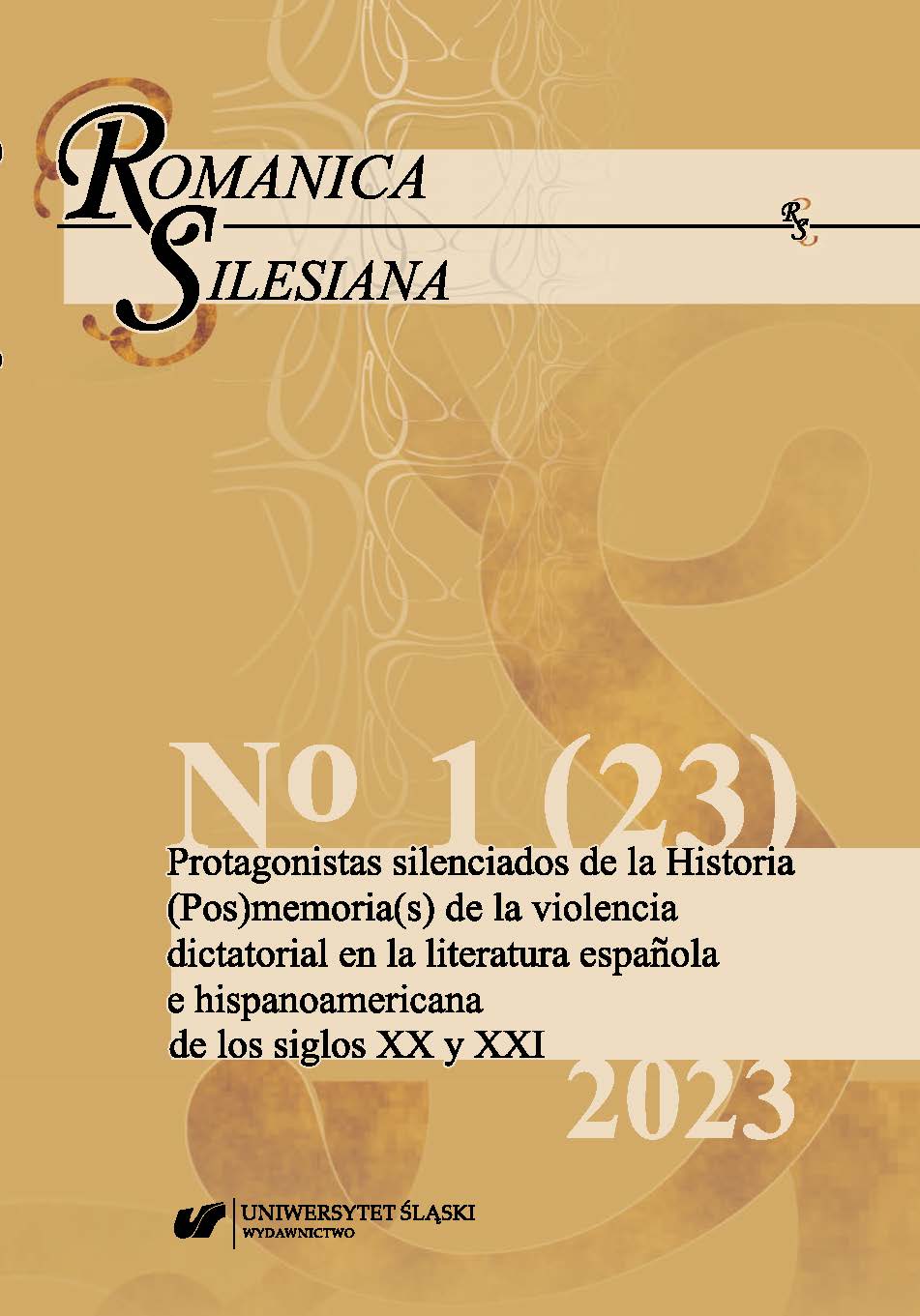“La historia que nos ha sido arrebatada”: crisis de representación de la memoria y la historia en „Entrada libre” de Carlos Monsiváis
“La historia que nos ha sido arrebatada”: Rethinking the Representation of Memory and History in Carlos Monsiváis’ „Entrada libre”
Author(s): Alejandro Ramírez MéndezSubject(s): History, Philosophy, Studies of Literature, Public Administration, Recent History (1900 till today), Other Language Literature, Government/Political systems, Electoral systems, Cognitive Psychology, Crowd Psychology: Mass phenomena and political interactions, Fascism, Nazism and WW II, Politics and Identity
Published by: Wydawnictwo Uniwersytetu Śląskiego
Keywords: Carlos Monsiváis; „Entrada libre”; memory; history; social movements
Summary/Abstract: In Entrada libre (1987), Carlos Monsiváis, ruminates about the importance of civil resistance in Mexico after decades of political instability, corruption, and violence. The cruel actions of the ‘dirty war’ left an unstable democratic system and an absent-minded population, which was still trying to understand the violent repression against left-wing groups. Under these conditions, Monsiváis questions the role of civil society in the production of mechanisms of resistance and reconciliation against a large history of abusive treatments and misuses that generated crisis in the country. This essay rethinks the representation of memory and history in the chronicles of Carlos Monsiváis. This project analyzes how the depiction of an the everyday life becomes an alternative method of expression for the a society in resistance, as well as a reevaluation of the meaning behind “historia nacional” and memory as the foundation of the perspective of time in Mexican society.
Journal: Romanica Silesiana
- Issue Year: 1/2023
- Issue No: 23
- Page Range: 1-12
- Page Count: 12
- Language: Spanish

